6 Badge-Engineered Cars Better Than Their Siblings
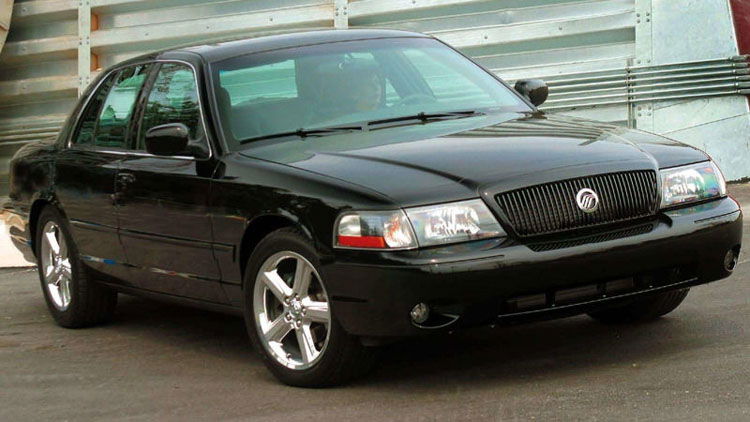
When I say badge engineering, what’s the first thing that pops into your head? If the answer is Cadillac Cimmaron, then congratulations are in order - you are a normal petrolhead with normal thoughts. And by normal, I mean you instantly think of badge-engineered cars as the automotive equivalent of all those contestants on X World Superstar Talent Idol that don’t realise they’re talentless until they take the stage.
I should probably explain what badge engineering is for those who are completely lost right now. Imagine sitting in a dank washroom on a toilet with a hard, plastic seat and a fake chrome flush handle. That’s a Chevy Cavalier. Exchange the hard plastic seat for one with cheap leather covering, and trade the fake chrome handle for a fake wood handle. That’s a Cadillac Cimmaron. Basically, manufacturers take a car, swap a few badges and pieces of trim, and call it their own.
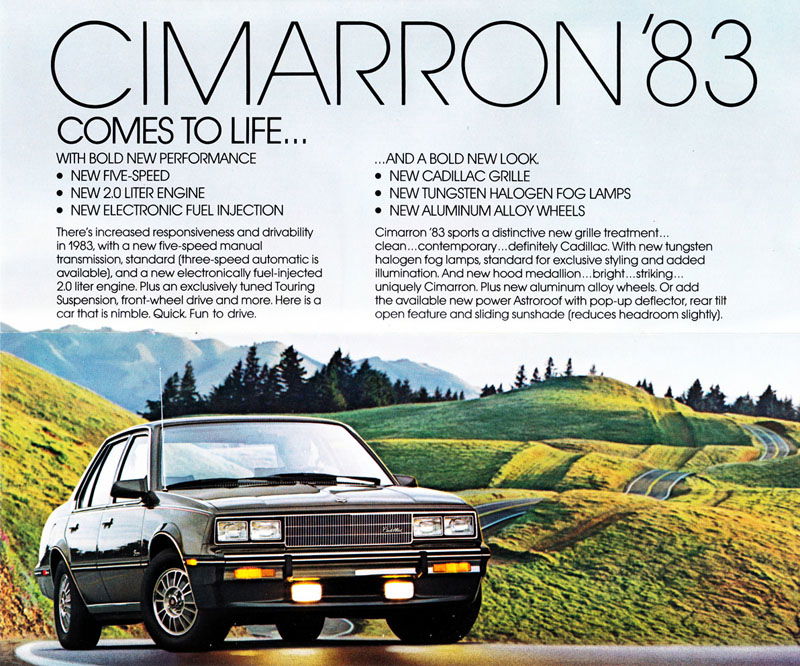
Every automaker engages in badge engineering. Seriously, take a look at this Wikipedia link to have your mind blown. But I’ll freely admit that us Americans take it to the next level. General Motors got so lazy with the whole practice through the 80s and 90s that many people - myself included - see it as a major factor leading to their 2009 bankruptcy. So yes, most of the time badge-engineered vehicles are just a manufacturer’s slight-of-hand attempt to make more money without actually building something new. But every so often, something good happens.
And that’s the focus of this article. These six cars have ties with other models - in some cases embarrassing ties. But they all managed to beat the odds to become something special, or at the very least, better than their clone-close siblings.
1. Eagle Talon
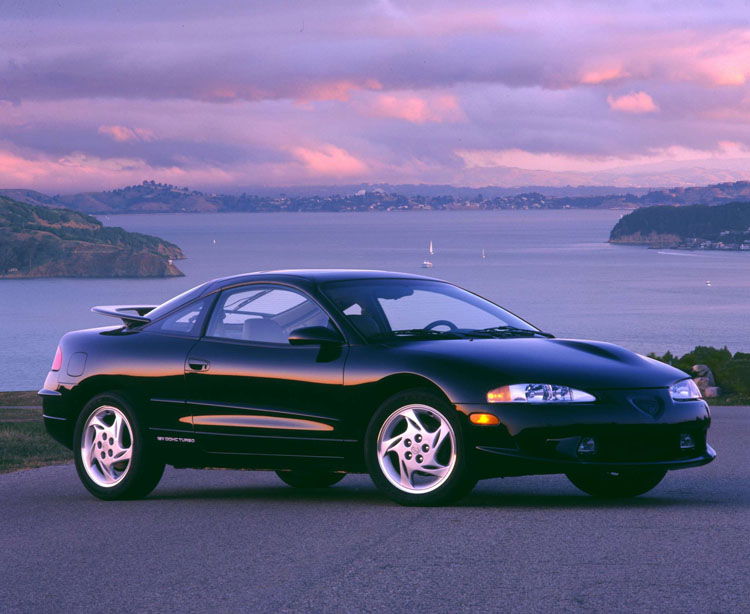
I’m going to jump right into the fray with a controversial choice. I could do a whole article on just the badge-engineered cars between Chrysler and Mitsubushi (and we’ll see another one later) but I want to focus on the Eagle Talon and its badge-engineered twins, the Plymouth Laser and the Mitsubishi Eclipse.
From a mechanical standpoint, these cars are identical. Performance wise, the same. But damn, the designers got the Talon’s aggressive styling dialled in just right. The differences are subtle, but enough for me to take one over the more popular Mitsubishi any day of the week.
2. Oldsmobile Cutlass Calais Quad 442
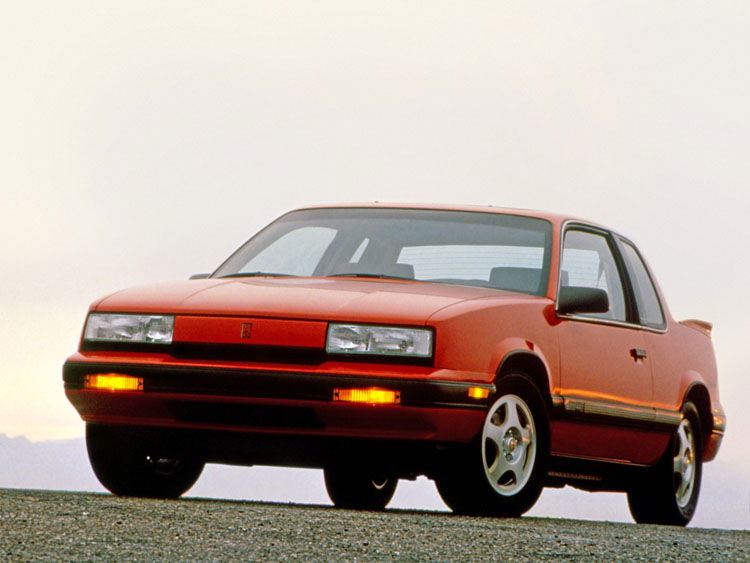
Those who follow me regularly know just how much I despise the Pontiac Grand Am. That’s why it gives me pleasure to bring you the hottest Oldsmobile version of that shared Pontiac platform, because for all my Grand Am hatred, the car did have so much potential as we can see right here.
The Cutlass Calais didn’t live that long, and the hopped up 442 version only saw production in 1990 and 1991. But it had smooth styling that was just aggressive enough, and it had a hardcore version of GM’s DOHC Quad-4 engine making 180bhp, or 190bhp if you could find the super-rare W41 edition. Of the five GM models that shared this first-generation N platform, the Calais Quad 442 was easily king.
3. Lotus Carlton
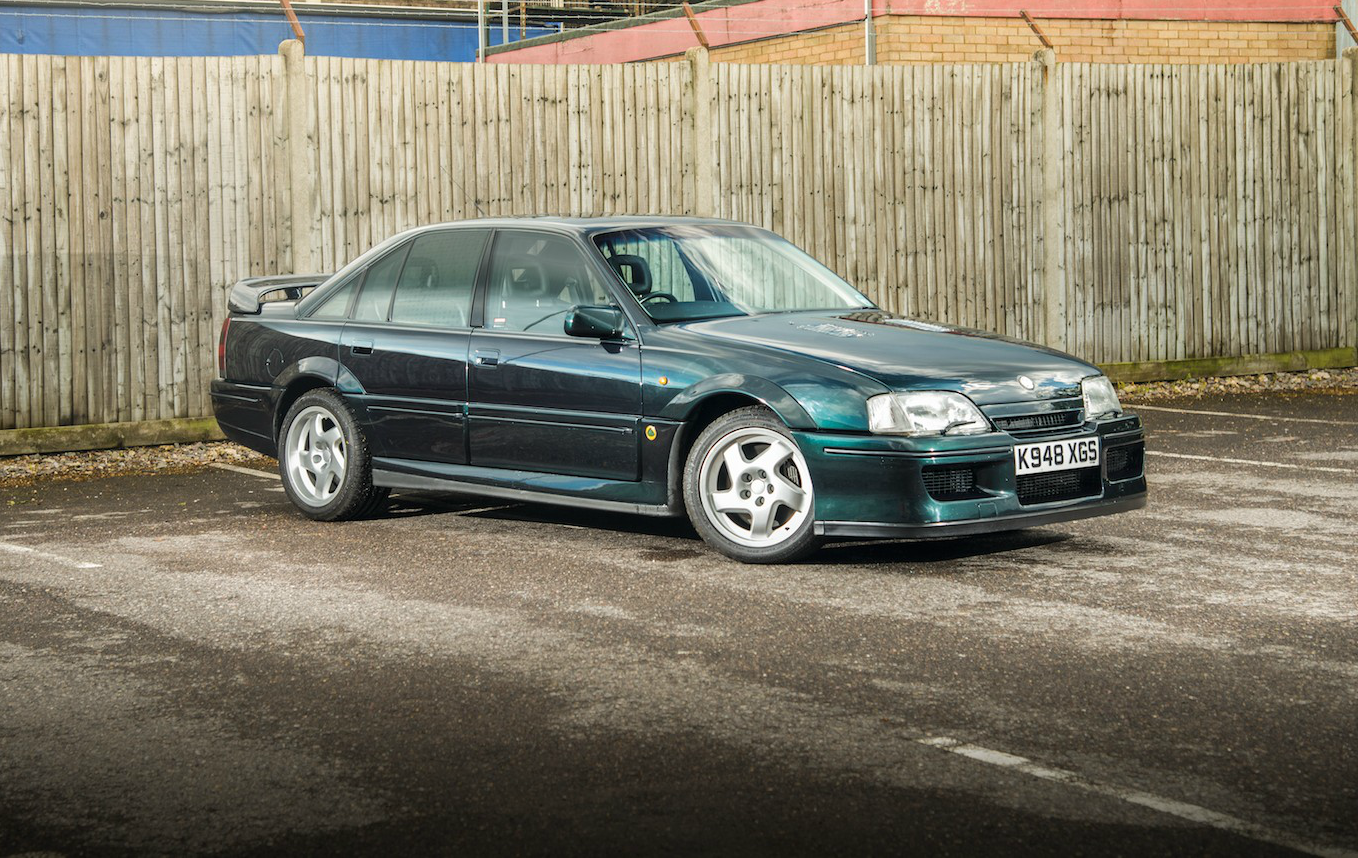
I’ll confess to not having in-depth knowledge of either the Vauxhall Carlton or the Opel Omega. I do know the same cars with a Lotus badge, however, are still some of the fastest saloons in the world despite being 25-years-old. It followed a pretty simple formula - take an average car, add boost and voila, instant success.
The brakes and suspension weren’t bad either, but it’s the power that made these cars far superior to their Vauxhall and Opel counterparts. Even on the other side of the pond I know people aren’t wetting themselves over seeing a Mark II Carlton GL. It’s almost unfathomable that such a difference can exist between two nearly identical models.
4. Mercury Marauder
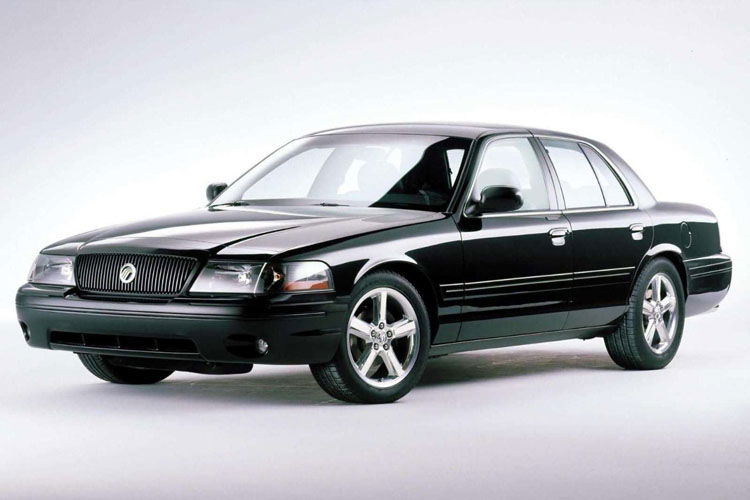
Speaking of sizable saloons with extra power, there’s the Mercury Marauder. Time has been good to the bad boy Merc; it wasn’t much of a sales success when new but people have come to better appreciate its modest 305bhp DOHC V8.
It was never a fast car, and its body-on-frame construction doesn’t lend terribly well to corner carving. But it’s surprisingly athletic for such a big bruiser and absolutely superior to its Crown Victoria stable mate in every way. The ‘Vic is something of a cult classic, but the Marauder will become a bona-fide collector car.
5. Buick GNX
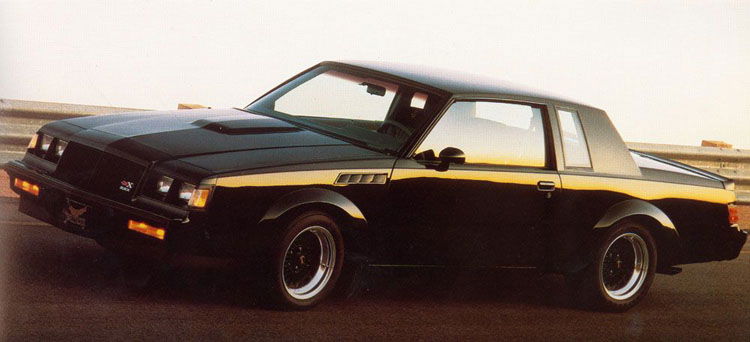
Just about everybody knows the legend that is the Buick GNX. One step up from the also awesome Buick Grand National, the limited-production GNX had straight-line performance that could rival supercars at a time when 250bhp was considered a lot.
Beyond the boosted V6 and universe of black paint, however, it was a G-Body car with the same underpinnings, many of the same interior bits, and nearly identical sheet metal to a handful of 80s GM duds. This - one of GM’s most pimped-out platforms - also hosted the Pontiac Grand Prix, the Oldsmobile Cutlass Supreme, and the gaudy Monte Carlo.
6. Plymouth Fire Arrow
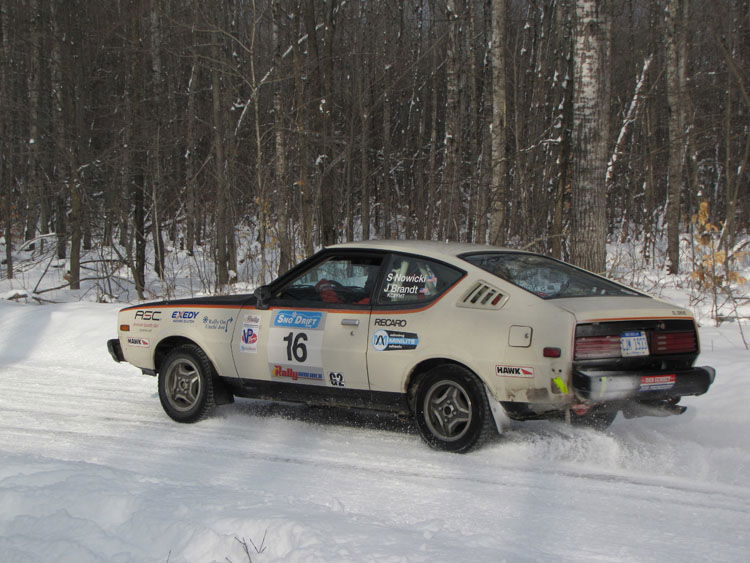
Some of you might be wondering what the heck this car is. Others might be saying hey, that’s a freaking A70 Mitsubishi Lancer. I said we’d come back to the whole Chrysler/Mitsubishi thing, so say hello to one of the earliest Chryslubishis.
The A70 Lancer Celeste was imported to America in the 1970s almost verbatim as the Chrysler Arrow. I say almost, because in 1979 some spiffy graphics were added, along with four-wheel disc brakes and a larger 2.6-litre Astron engine that was exclusive to North America. It still only made 105bhp, which was comparable to the smaller 2.0-litre engines in other markets. But the Fire Arrow had a broader power band and a unique look that was totally 1970s America, and with a kerb weight of just 900kg it was actually quite fast for the day.
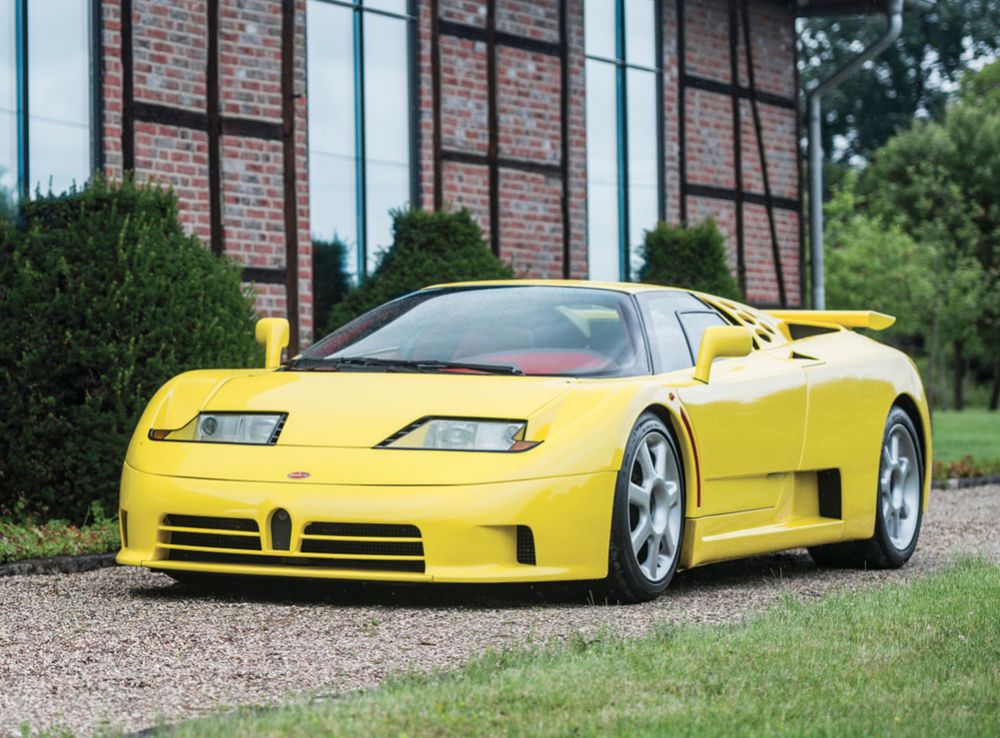

Comments
Brazil is dunked with omegas…
I WILL own a Marauder one of these days; in fact it’ll probably be my next car purchase.
As someone who’s only been to Europe once, someone can correct me on this: Aren’t the Citroen Bilingo and Skoda Yeti badge engineered cars?
Christopher, i will teach you about Lotus Carltons
It all started back in the 80’s when GM used to own Lotus and Opel, what they did was they gave the Omega to the Lotus and the Lotus did their magic! There were only 950 in total were made (both Opel and Lotus). It had over 350bhp (i think 377bhp) and 0-100mph in 17 seconds. Must have sleeper with also Renault Safrane Bi-turbo
@didoroki
Talon is ulgy af compared to eclipse, back end is just all messed up.
there is a difference between the GNX and the grand national ?!?! i always thought they were the same thing
Side note, most Dodge vehicles that were V6 used Mitsubishi’s 6G72 SOHC engine. Gotta love the Diamond Star Alliance agreement.
GNX wasn’t a cosmetics-only rebadge. Nor was the Lotus version of the Carlton/Omega. They shouldn’t be in this list.
How dare you call the 80’s Monte Carlo gaudy! It looks just as good as the GNX.
Pagination